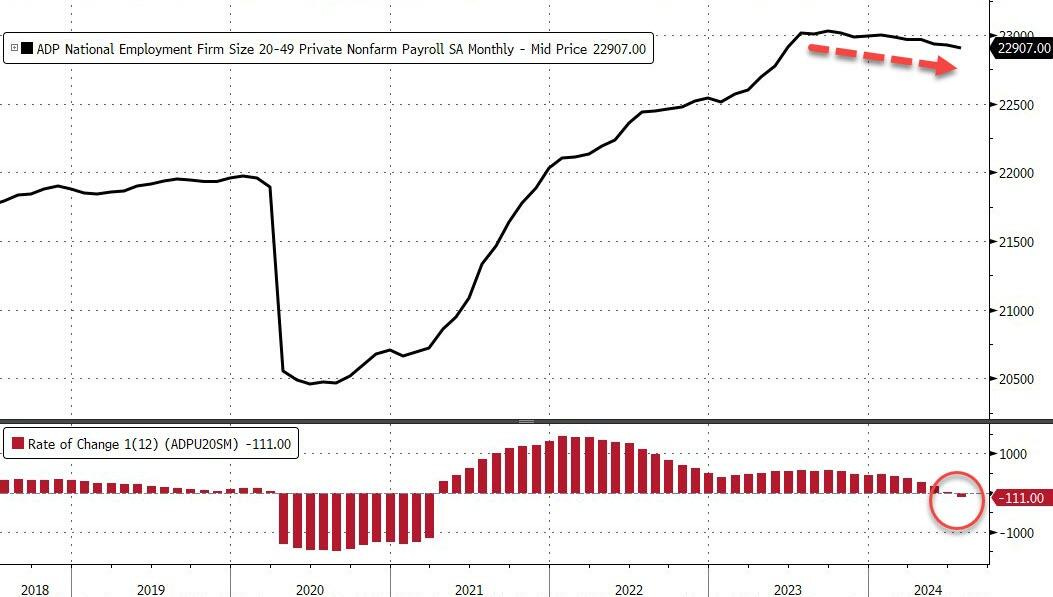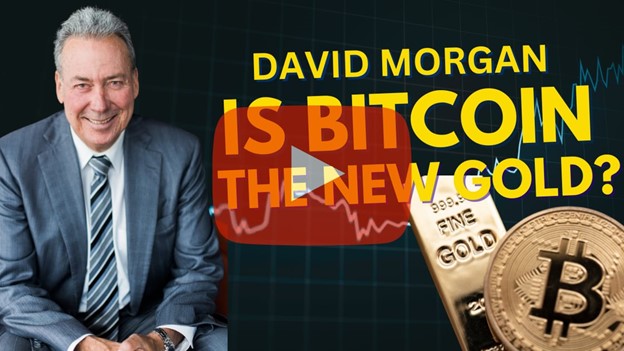The Fed surprised no one when it chose not to lower interest rates at this week’s FOMC meeting. What was a small surprise to some was that Powell said nothing in his prepared talk about cutting rates in September either. So he was asked about that by a number of reporters in the question-and-answer time afterward, to which he stated in a very measured way that, while he saw the lowering of rates in September as more likely than the Fed had presumed before, it would all depend on whether inflation continued to keep its head down.
Powell essentially feels both jobs and inflation are in the sweet spot where neither one demands immediate action. He said that he believed the labor market had loosened enough that wage pressure on inflation was no longer a factor, so the Fed’s main concern with jobs was to make sure unemployment doesn’t rise more than where it is. He is happy with the present slight rise but believes the Fed is coming in for a soft landing where raising unemployment will not be necessary.
Hopefully, he’s right on all of that.
More labor data in
The labor market put in another report that somewhat supports his argument that labor is softening and maybe even on the recessionary side as small businesses reported the first “negative growth” since the Covid lockdowns.
ADP’s Employment report for July was disappointing, showing the addition of just 122k jobs (well below the 150k expected and down from the 155k added in June).
Below 150,000 new jobs per week, job growth is generally considered to be below the number of new workers coming in from population growth and is recessionary. Small-business job growth looks like this …
… where you can see the first actual negative print since the Covidcrash.
“With wage growth abating, the labor market is playing along with the Federal Reserve’s effort to slow inflation,” said Nela Richardson, chief economist, ADP.
“If inflation goes back up, it won’t be because of labor.”
Those are generally positive opinions for the Fed’s hope of soft landing, which Powell said during the presser would be unprecedented if it actually happens, though he believes that is what his approach looks like right now. He also noted that the …
risks to achieving employment and inflation goals “continue to move into better balance”
Of course, the BLS routinely reports higher numbers than the government, which appears to report only what is good for the Biden Administration at levels that even Powell has said appear to be wrong. ADP gets its numbers from actual payrolls without any government “seasonal adjustments.”
In all, the labor market does appear to be rolling gently over; but the big question remains whether or not inflation will let Powell have his cake and eat it, too. Can he keep from hurting labor more and still see inflation slide on down to where he wants it? Even he admits he has no idea on that score.
You can watch his whole meeting with the press via the video posted below and can find a link to an article that shows how very little the FOMC’s official statement was changed. Powell said that the committee wants to see continued progress on inflation but was happy with what it has seen in the last couple of reports. If it continues like that until September, then a rate cut was quite possible in September.
“If that test is met, a reduction in our policy rate could be on the table as soon as the next meeting in September,” Powell said.
“The question will be whether the totality of the data, the evolving outlook and the balance of risks are consistent with rising confidence on inflation and maintaining a solid labor market.”
“I don’t think of the labor market in its current state as a likely source of significant inflationary pressures. So I would not like to see material further cooling in the labor market,” Powell said.
I, of course, still think inflation has some surprises in store for him. Just recently, we saw oil, which was settling back down, surge again due to the suddenly intensified conflict between Israel and Iran that has people back to fearing all-out-war between Israel and Iran and Israel and Lebanon with Iran promising another large reprisal for the assassination of a big Hamas leader that was carried out overnight in Tehran. It’s an unusual time to be counting on best-case scenarios.
Still, negative impacts from war are unpredictable—except that the odds of them are rising all the time right now—so, Powell can only work with what he has before him. I suppose we can’t blame him for hoping it all works out as he has planned. I’m also quite sure the Commercial Real-Estate crisis that I’ll be writing about in my next Deeper Dive has plenty of trouble in store for the US economy as it is getting worse quickly. For Powell, however, getting rates down fast enough to avert that crisis is another trouble for another day.
Read the full article here












Leave a Reply